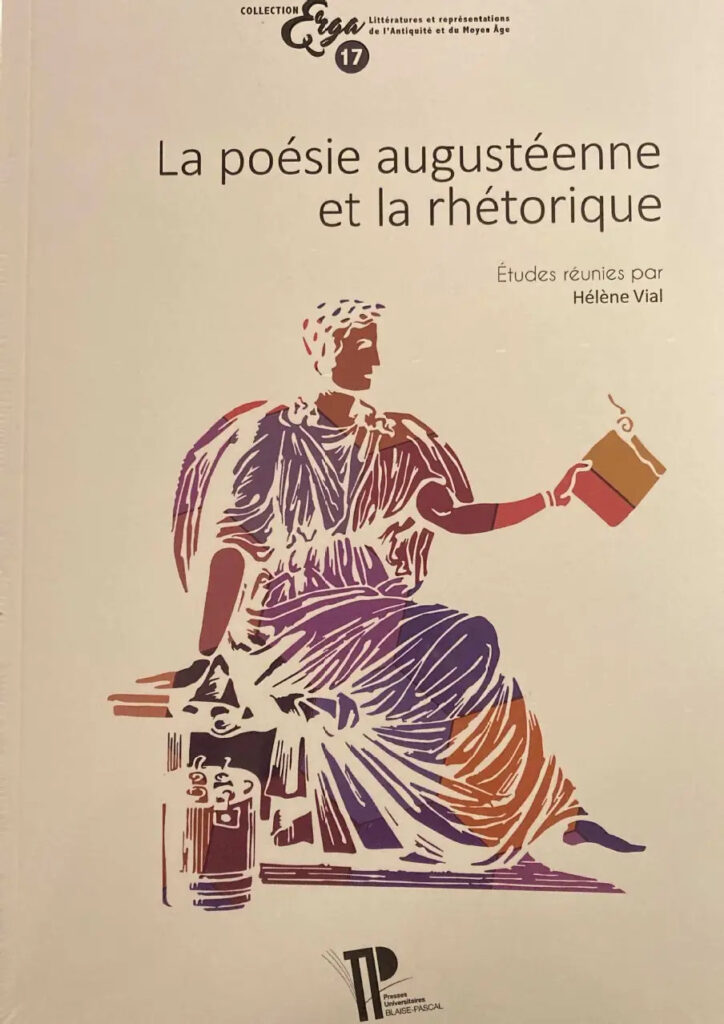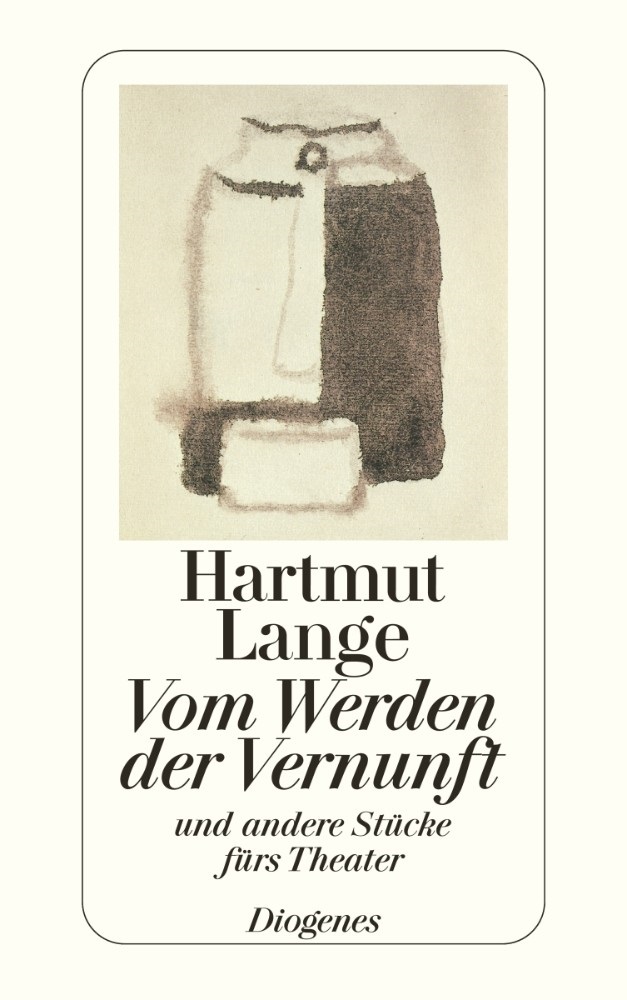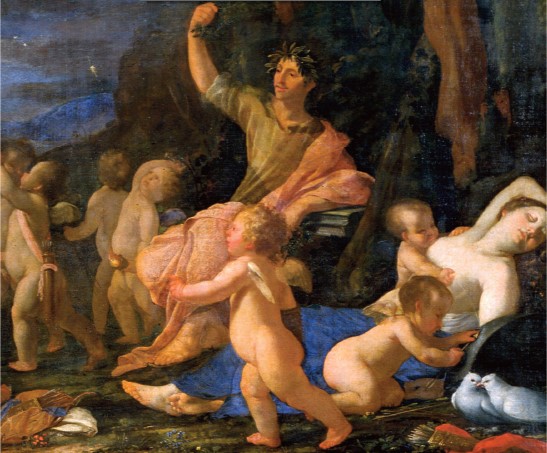Today, on the occasion of Sidonius’ death on a 21/23rd August some 1,540 years ago, a striking piece of literary reception giving an unexpected twist to the famous Carmen 12 on the impossibility of writing poetry among the barbarians.
Playwright and stage director Hartmut Lange (born 1937, in exile to West-Berlin from the DDR in 1965), in his 1972 play Staschek oder das Leben des Ovid on the dilemmas of compromising with the powers that be, has the protagonist meet Sidonius in Bordeaux instead of meeting Ovid in Tomi, as he expected. Staschek persuades Sidonius to smear his hair with rancid butter to assuage the barbarians. These, indeed, become nicer, but the stench makes Sidonius vomit all the time and prevents him from reciting his ‘ode to Venus’.
The play is a vivid satire of cowardice and self-interest in the face of totalitarianism (Horace and Vergil figure on the wrong side whereas Ovid refuses to collaborate). In the end, everybody has to compromise one way or another, even Sidonius.
See the Reception/Germany page for fuller detail on discussions by Kurt Smolak and Theodore Ziolkowski.
Text to be found in Hartmut Lange, Vom Werden der Vernunft und andere Stücke fürs Theater, Zürich: Diogenes. 1988, 307-41, esp. 338-39.




